Completed research projects
On this page you will find an overview of completed research projects sorted by topic.
Climate & Environment
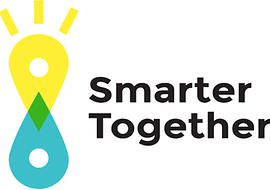
Vienna, Munich, Lyon are creating a vision of the future urban life in century-old city quarters.
 PeelStrength
PeelStrength
© istockphoto.com/mm88
The project "PeelStrength" constitutes the development and standardization of a test method for determining the Peel Strength on films for packaging applications.
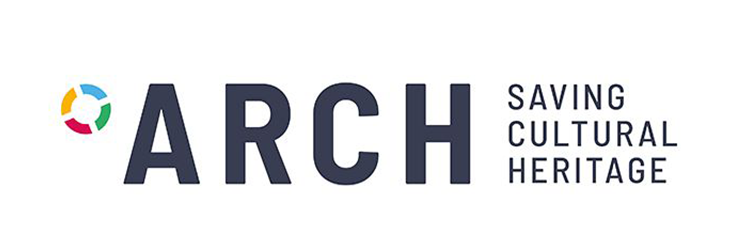
ARCH developed a standardized disaster risk management framework for assessing and improving the resilience of historic areas to climate change-related and other hazards.
Circular Economy
Energy

WindNODE aims to use digital technologies to ensure grid stability in the face of fluctuating supply from renewable energy sources.
Security
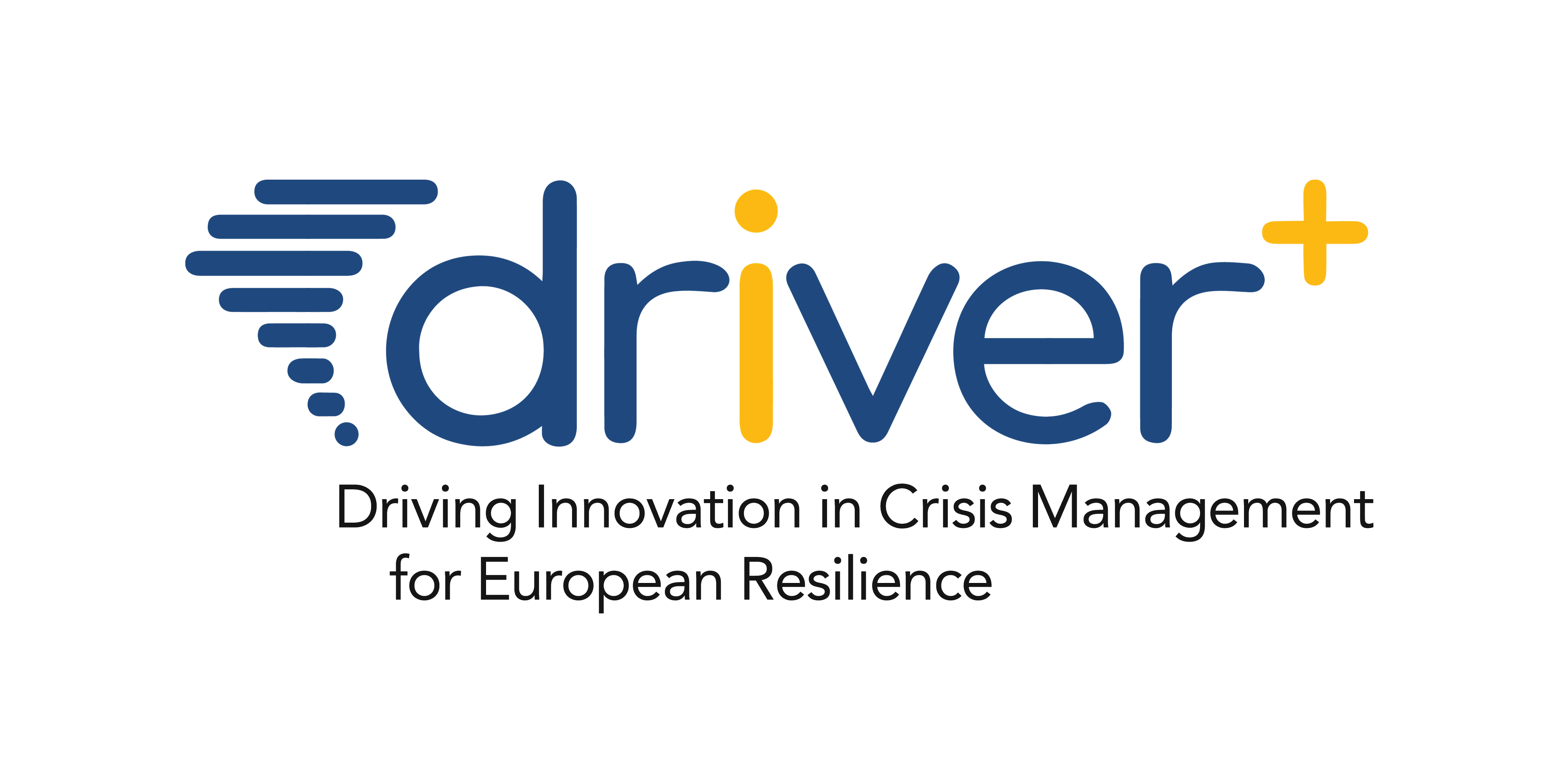 DRIVER+
DRIVER+
The project DRIVER+, funded by the European Commission, addresses the following issues: What is the understanding of crisis management in Europe? Where are there similarities between countries, and where are there differences? What types of technology and tools are used in crisis management? Which solutions already exist?
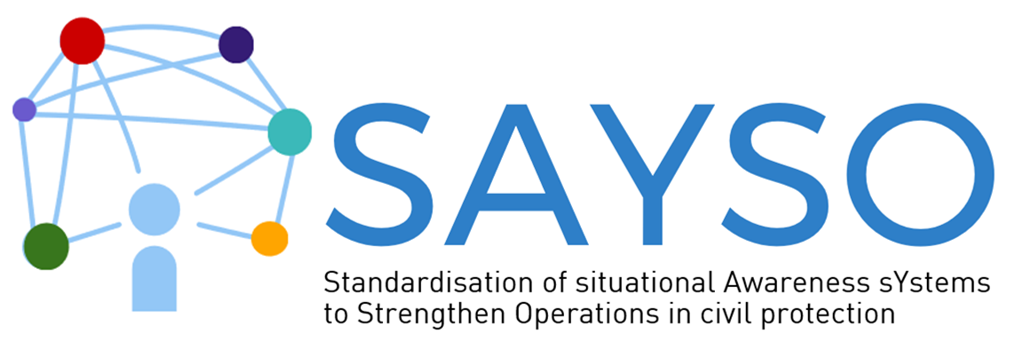 SAYSO Logo
SAYSO Logo
SAYSO will pave the way for the development of innovative European cost-effective Multi-Stakeholders Situational Awareness Systems (MSSAS).
SMR (Smart Mature Resilience) is developing guidelines for determining resilience to crises and disasters in cities.

The main objective of STAIR4SECURITY is to create a collaborative platform as single entry point of information on the security sector coming mostly from research activities allowing a better governance of standardisation needs in the Disaster Resilience and the CBRN-E (Chemical, Biological, Radiological, Nuclear, and Explosives) sectors.
 InfraStress
InfraStress
InfraStress addresses cyber-physical security of sensitive industrial plants and sites critical infrastructures.

ARCH developed a standardized disaster risk management framework for assessing and improving the resilience of historic areas to climate change-related and other hazards.
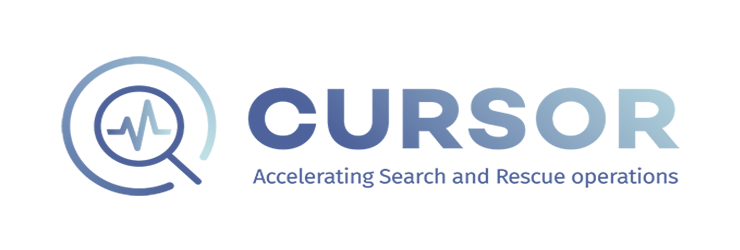 © CURSOR
© CURSOR
CURSOR aimed at developing new and innovative ways of detecting victims under debris.
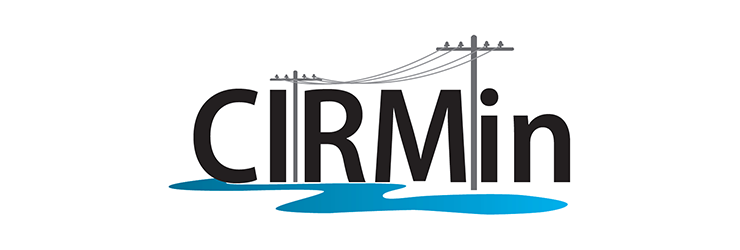
The interdisciplinary research project CIRMin intends to examine how essential energy-related infrastructures in Germany (so-called critical infrastructures) depend on each other.
Health
 REACH Logo
REACH Logo
The project abbreviation stands for Responsive Engagement of the Elderly Promoting Activity and Customized Healthcare. The proposal for this project was developed in 2015 and submitted under pillar 3 of H2020 in societal challenge 1 Personalized Healthcare (PHC).

The project PROGRESSIVE aims to achieve greater inclusion of older persons in standardization processes as a means of improving the quality and effectiveness of standards and specifications for people in the later part of life, reliability and sustainability being the key words.

EU-STANDS4PM is an open network and seeks input from all relevant stakeholders that have an interest in advancing predictive in silico methodologies in personalised medicine through broadly applicable standards for data integration and harmonisation. The goal is to sustain the competitiveness of the European Research Area and to ensure a leading role for the European personalised medicine community of stakeholders in the transition from current reactive medical practice to a data-driven and predictive medicine of the future.

Molecular in vitro diagnostics and biomedical research have allowed great progress in personalised medicine but further progress is limited by insufficient guidelines for pre-analytical workflow steps (sample collection, preservation, storage, transport, processing etc.) as well as by insufficient quality assurance of diagnostic practice.
Digitalization & AI
The German Federal Government’s AI strategy, as well as the rapid dissemination and great complexity of AI systems, are presenting new algorithmic, technological and ethical challenges across all sectors which even the largest corporations have not yet been able to solve.
The project aims to create an online market place that will allow companies to compare, select, combine, book and manage IP-based telecommunications services in the future.
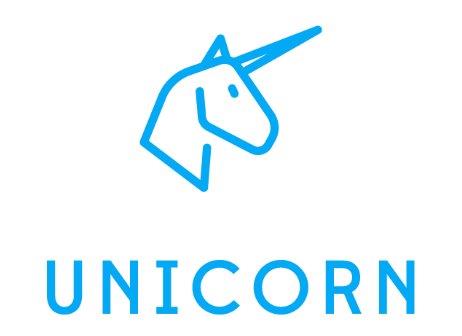
A solution is being developed to simplify the design, deployment and management of secure and flexible multi-cloud Services.

EU-STANDS4PM is an open network and seeks input from all relevant stakeholders that have an interest in advancing predictive in silico methodologies in personalised medicine through broadly applicable standards for data integration and harmonisation. The goal is to sustain the competitiveness of the European Research Area and to ensure a leading role for the European personalised medicine community of stakeholders in the transition from current reactive medical practice to a data-driven and predictive medicine of the future.

The European General Data Protection Regulation (GDPR) came into force on 25th of May 2018 and brings new data protection requirements to cloud users and providers. Due to the concomitant effects, a consortium has formed to use a research project to conceptualize, implement and test a sustainable, EU-wide data protection certification of cloud services.
This project will lay down the foundation for an ecosystem for transferring AI innovations. The cross-sectoral networking and identification of actors and technologies will help small and medium size business (SMEs) select and use the right AI technologies.
Providing the best possible mobility solution - this is the aim of the project ProSeMo, Proactive Seamless Mobility. Together with the Urban Software Institute, BMW, the Fraunhofer Gesellschaft and the German Research Center for Artificial Intelligence (DFKI) DIN is currently working on a B2B mobility platform for a marketable mobility ecosystem.
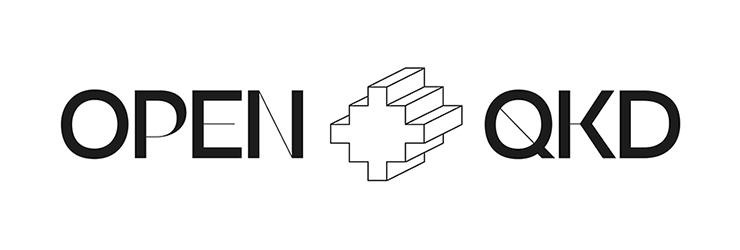
Data encryption using quantum mechanical methods is the future of our communication.

The main goals of BIMprove are a significant reduction in costs, better use of resources and fewer accidents on construction sites.
Industry
The objective of the planned DIN SPEC 92222 “Reference Model for Industrial Cloud Federation” is to ensure the interoperability and communication between those IT subsystems involved and physical devices.
 Logo COROMA
Logo COROMA
The goal of the COROMA project is to develop a cognitively enhanced robot that can execute multiple tasks for the manufacturing of metal and composite parts.
The goal of the INBOTS-project is to overcome the communication and understanding problem of stakeholders regarding interactive robots.

A solution is being developed to simplify the design, deployment and management of secure and flexible multi-cloud Services.

The aim of the research project is to increase the intensity of utilization of unused railway carriages, locomotives and rail freight lines (SGV) by digitizing the train dispatching.
The project aims to create an online market place that will allow companies to compare, select, combine, book and manage IP-based telecommunications services in the future.
The research project MeProLI is dealing with the design and the progression of services to industries such as the chemical, plastics and food industries. These increasingly face challenges as a result of the growing diversity of their value-creation processes.
PAiCE (Platforms | Additive Manufacturing | Imaging | Communication | Engineering) – “Digital technologies for the economy” supports research activities within Industrie 4.0.
Optical components and systems are at the heart of the photonics market, with demanding high-performance optics, such as aspheres and free-form surfaces, playing a key role. For the production of high-quality optics, good coordination between manufacturers of optical components, processing machines for optics as well as measuring instruments for the measurement of shape is indispensable.
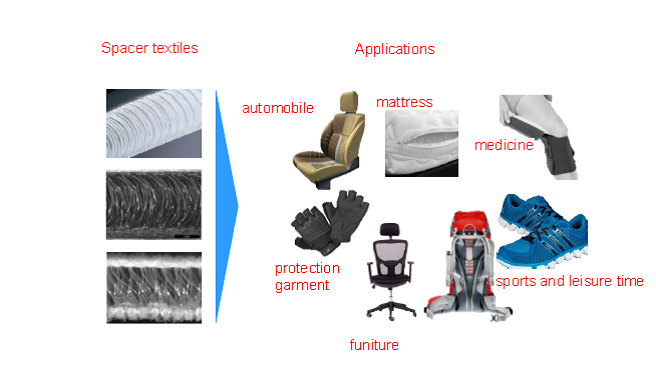 © DIN
© DIN
Spacer textiles comprise two parallel textile fabrics that are joined together by pile threads thus forming a three-dimensional (3D) structure. These spacer textiles can be manufactured as woven or knitted fabrics. Spacer textiles are suited to applications where an increased air circulation or a kind of comfort due to the upholstery structure is requested. They are used in medical textiles (e. g. orthoses), automobiles (e. g. air-conditioned comfort seats), in home textile products (e. g. chair covers, in clothing products (bras) as well as in protection clothing and sportswear.
 Logo INTEGRADDE
Logo INTEGRADDE
© Copyright ©. 2018 The INTEGRADDE Consortium
INTEGRADDE aims to develop an integrated manufacturing solution that demonstrates the potential of DED (Direct Energy Deposition) for the large-scale production of certified metal components for use in metalworking sectors.
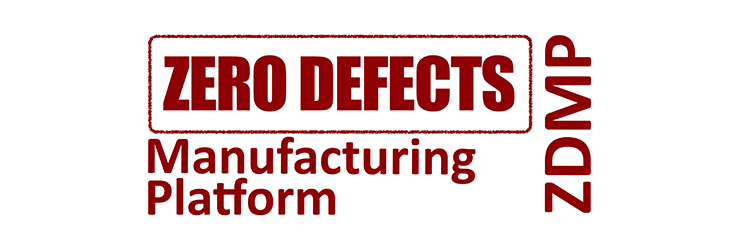 © ZDMP.eu
© ZDMP.eu
The goal of the ZDMP project is the realization of a manufacturing process that does not produce a single faulty part.
Innovation and Education
 BRIDGIT2
BRIDGIT2
The aim of BRIDGIT 2 (Bridge the gap between standardization, research and innovation communities) is to overcome the barriers between the standardization world on the one hand and on the other the European research and innovation community.
